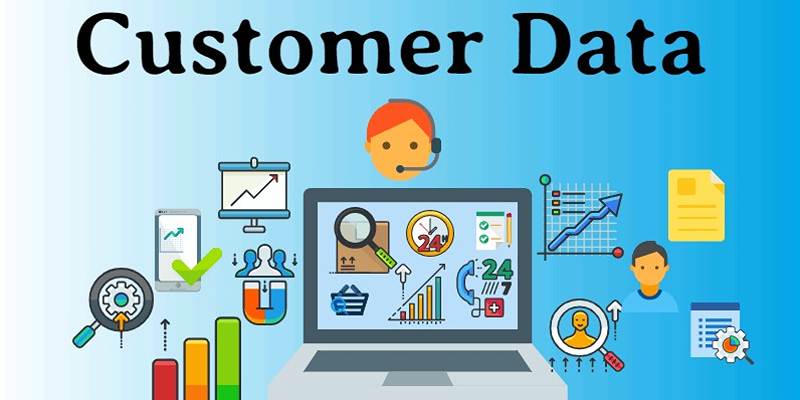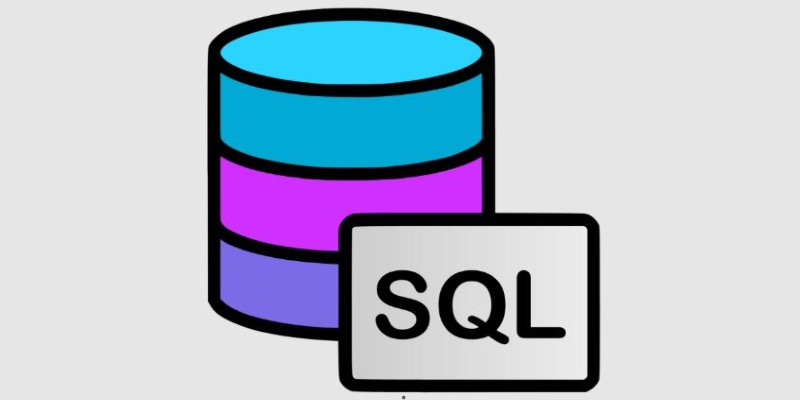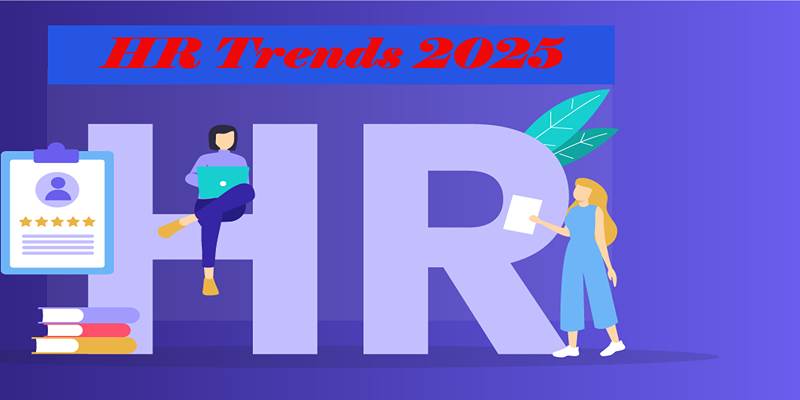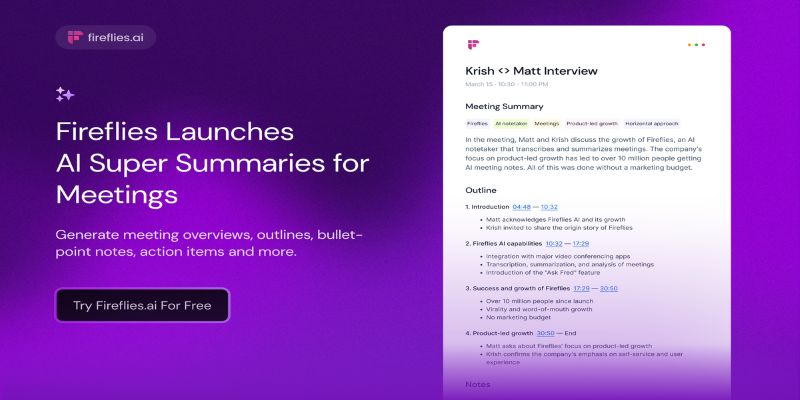Optimizing the revenue chain is a priority for modern businesses seeking long-term growth and resilience. The combination of AI in sales and AI customer support now offers companies a smarter way to streamline operations, increase efficiency, and maximize profits across the customer lifecycle.
From the moment a potential lead enters the pipeline to the continued support offered after a sale, artificial intelligence can help automate, personalize, and scale operations like never before. For businesses aiming to optimize the revenue chain, integrating AI into sales and support is no longer a luxury—it’s a competitive necessity.
Understanding the Revenue Chain
The revenue chain includes every process that contributes to generating income, from marketing to sales, onboarding, customer service, and retention. These touchpoints are deeply interconnected. A breakdown at any stage—whether it’s poor lead qualification or slow customer support—can negatively affect overall revenue. Businesses that apply AI tools across this chain are better positioned to reduce inefficiencies, strengthen customer relationships, and unlock new revenue opportunities.
Enhancing Sales with AI
Sales is a critical part of the revenue chain. AI enhances the entire sales workflow by automating repetitive tasks, offering insights from large data sets, and helping sales representatives prioritize high-value actions.
AI-Powered Lead Scoring
Traditional lead-scoring methods often rely on manual effort or outdated models. AI can analyze vast amounts of customer data—browsing history, engagement behavior, purchase intent—to assign a more accurate score to each lead.
- Helps focus on high-potential prospects
- Reduces time wasted on low-value leads
- Increases close rates and sales cycle speed
Intelligent Forecasting and Pipeline Management

Sales forecasting is often prone to error. AI tools can predict sales trends by analyzing historical data and current pipeline activity.
- Identifies bottlenecks in the pipeline
- Anticipates market shifts or buyer behavior
- Improves quota planning and revenue accuracy
Personalized Sales Outreach
AI assists in crafting personalized emails and messages tailored to each customer segment. Tools that learn from previous interactions help sales teams send the right message at the right time, boosting engagement.
- Delivers more relevant communication
- Increases email open and response rates
- Builds stronger customer connections
Elevating Customer Support with AI
While sales bring customers in, AI customer support plays a vital role in keeping them loyal. AI streamlines support operations by reducing response times, improving service quality, and gathering customer insights in real time.
AI Chatbots for Instant Assistance
AI-driven chatbots provide immediate answers to common questions 24/7. They handle simple tasks like order tracking, password resets, and FAQs, freeing up human agents for complex issues.
- Reduces support backlog
- Improves customer satisfaction
- Cuts operational costs
Automated Ticket Routing
Support teams often lose time manually sorting tickets. AI automates this process by analyzing ticket content and directing it to the most qualified agent, improving resolution times and accuracy.
- Speeds up customer response
- Matches the right agent to the right issue
- Boosts first-contact resolution rates
Sentiment Analysis and Predictive Support
AI tools can detect customer sentiment by analyzing chat logs, emails, or calls. It allows teams to proactively manage at-risk customers before dissatisfaction escalates.
- Flags potential churn risks early
- Prioritizes urgent or negative tickets
- Improves brand trust and loyalty
Unifying Sales and Support with AI
AI doesn’t just enhance sales and support in isolation—it connects them for better collaboration and results. When insights from support feed into sales strategies, and sales data informs support decisions, the revenue chain becomes truly optimized.
Sharing Customer Data Across Teams

AI platforms can centralize customer data from sales, marketing, and support, providing a 360-degree view of each client. This shared understanding enables more consistent and personalized experiences.
- Aligns messaging across departments.
- Enables better upsell and cross-sell opportunities
- Reduces friction in the customer journey
Learning from Support Trends to Improve Sales
If support teams frequently deal with the same customer complaints, sales teams can adjust their pitch or better-set expectations. AI highlights these trends in real-time.
- Refines product positioning
- Improves trust-building with prospects
- Reduces returns or negative feedback post-sale
Key Benefits of AI Across the Revenue Chain
Integrating AI across sales and support brings clear advantages to both teams and the business overall:
- Increased operational efficiency: Automation reduces manual tasks and human error
- Faster response times: Chatbots and routing ensure quicker service
- Improved customer loyalty: Sentiment tracking and proactive service drive retention
- Scalable processes: AI tools grow with the business, adapting to increased demand
Industry Examples and Use Cases
Businesses across sectors are using AI to drive measurable gains in their revenue operations.
- Retailers use AI chatbots to assist customers during online purchases, reducing cart abandonment.
- Healthcare providers employ AI support tools to manage patient queries, easing the load on staff.
- Financial services utilize predictive analytics for customer churn reduction and fraud detection.
These examples showcase AI’s flexibility and power in improving both customer-facing and internal operations.
Steps to Start Optimizing the Revenue Chain with AI
Businesses looking to incorporate AI into their revenue chain can follow a phased approach:
- Assess pain points in sales and support processes
- Choose AI tools that integrate with current systems
- Train employees to work alongside AI, not against it
- Monitor key metrics like response time, conversion rate, and retention
- Refine and scale as systems prove their ROI
By starting with clear goals and small AI-driven tasks, organizations can build toward full-scale optimization.
Conclusion
AI is transforming the way companies manage and grow revenue. By combining AI in sales with AI customer support, businesses can streamline the entire customer journey—making it faster, smarter, and more personalized. The result? A highly optimized revenue chain that not only boosts profits but also creates long-term customer value. For companies ready to future-proof their operations, integrating AI is not just an option—it’s a strategic advantage.











